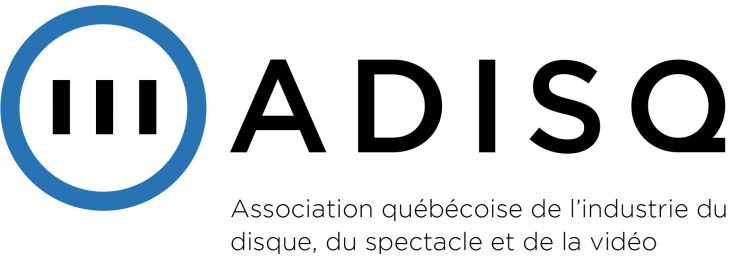
OTTAWA – The Québec Association for the Recording, Concert and Video Industries (ADISQ) has asked the Governor-in-Council to send back and force a rehearing of a CRTC decision in December that it says unfairly allows Sirius XM Canada to put more money into an English-language fund over a French-language one for Canadian content contributions.
French-language Musicaction and English-language Factor are two funds that receive annual injections of money as Canadian content development expenditures – in this case, a minimum of four per cent of Sirius’s annual revenues. Since its initial licensing in 2005 and until 2012, Sirius XM had been putting an equal amount of money into the funds as a condition of license.
But in two license renewal decisions, first in 2012 and more recently in December 2019, the CRTC allowed Sirius to lessen its contributions to the Musicaction fund, according to a February 1st French-language petition from ADISQ to the Governor-in-Council. The Alliance Nationale De L’Industrie Musicale (ANIM), which is among the signatories of the petition, already filed a judicial review application in front of the Federal Court last year related to the 2012 CRTC hearing that effectively halved contributions to Musicaction versus Factor.
When asked for comment, Jose Bertrand, spokesman and president of ANIM, only said that the petition and court cases are distinct.
In the petition, the creative group representatives ASIDQ, ANIM, the Professional Society of Authors and Composers of Quebec (SPACQ), and the Association of Professional Music Publishers (APEM) are arguing that the uneven contributions violate the parity intended by the Official Languages Act. They say Sirius only provides 2.5% Francophone content, with the English-language market being larger generally.
In the December decision, the CRTC ordered that in the first two years, Musicaction would continue to receive 10% of contributions, while Factor would get 20% – the same allocation mandated in the regulator’s 2012 decision. In years three through to seven, Factor contributions would jump to 50%, while Musicaction would see a bump to 30%, with the rest going to the Community Radio Fund of Canada (CRFC). The Commission also found Sirius had a shortfall in Cancon contributions and shortened its license renewal to August 2024, instead of a full seven-year extension.
This “will have the effect of depriving producers and creators of French-language music content of necessary funds, thus accentuating the linguistic imbalance that has long prevailed in terms of funding the Canadian music industry through contributions paid by broadcasters,” ADISQ said in its petition.
In 2013, ANIM, ADISQ, the Professional Society of Authors and Composers of Quebec (SPACQ), and the Association of Professional Music Publishers (APEM) filed the first complaint to the CRTC about the imbalance in the 2012 decision.
Then, it went to the Official Languages commissioner who at first ruled in a preliminary report that the groups had a case, but reversed course in its final report in 2019. Thereafter, the federal court of appeal application was filed, which asks Musicaction to be financially compensated for the shortfall – estimated to be worth about $7 million – and to retrieve information on the CRTC decision that it does not have.
“Canadian creators and producers of French-language music content… had every reason to believe that the CRTC also considered the 2012 decision to be an anomaly and that the situation would be restored when the next renewal of business license,” the petition noted.
In the 2018-19 period, Musicaction received close to $1.4 million from 56 satellite radio companies versus Factor’s $3 million. “Between 2018-19 and 2021-22, this decrease would be 14% and would continue in the next with a reduction of 19% between 2021-22 and 2022-23 and 10% between 2022-23 and 2023-2024,” the petition said, adding Musicaction is relied upon for often reliable funding, which is now threatened.
“The decision of 2012 represents a dead loss amounting to several million dollars for creators and producers of French-speaking musical content,” the petition continued. “The 2019 decision will continue to widen the gap between the funds serving the music industry.”
The Federal Court is currently saddled with another case that also involves equal allocation under the Official Language Act of funds to French-language markets, brought forth by former NDP MP Francois Choquette, as a result of the Netflix deal signed by the federal government in 2017.


